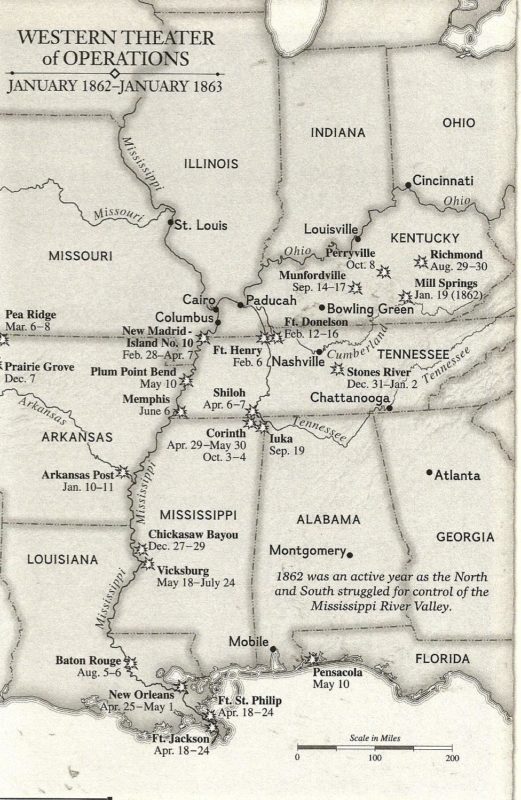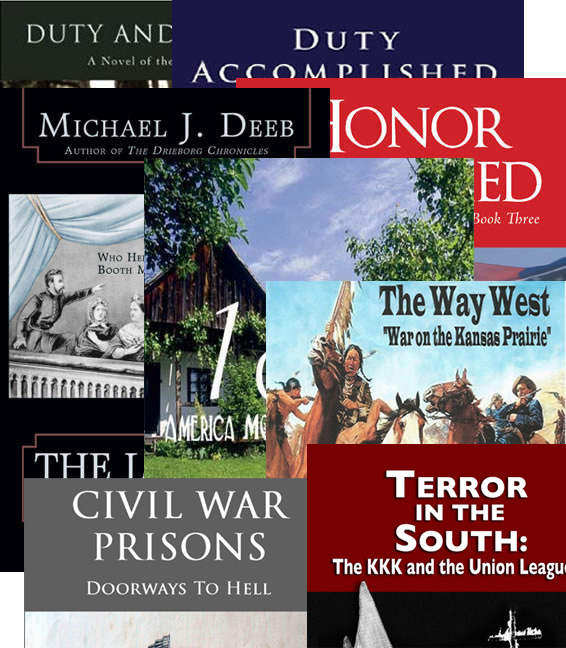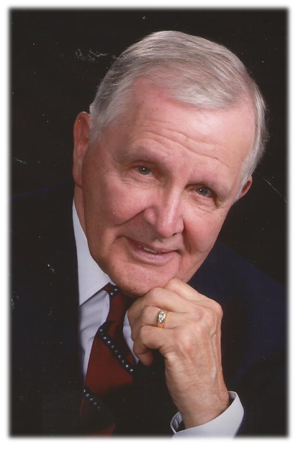The Battle of Shiloh: Aftermath
The Battle of Shiloh: Aftermath
The northern press was awash with stories of the horrific battle casualties suffered at the battle of Shiloh. It was understandable, since the two sides between them suffered more deaths at that battle than in all the conflicts in the Unites history up to that date.
Despite the victory, the reporters also blamed General Grant for the loss of life. Reporters at the scene wrote that he had not set up a proper defensive perimeter for his encampment. they also claimed that he had ignored information that would have warned of the attack. They added that he was not at the scene when the attack began. Instead, they said, he was enjoying a breakfast in a comfortable plantation miles upriver from Pittsburgh Landing.
And, most damning of all, it was widely claimed in the northern newspapers that Grant was drunk when the Confederate attack struck. Historians have said that General Halleck, Grant’s superior, gave credence to such claims in his reports to Washington. He used these press stories and the uproar in the North over casualties as justification for his demotion of Grant and his take-over of the command of the the army himself. And he did just that.
In response to the pressure to remove Grant, President Lincoln said:
“I can’t spare this man; he fights.”
And on the Confederate side, the death of General Albert Sidney Johnston was seen as a major loss. President Davis mourned his friend and said:
“Better we had lost a State of the Confederacy.”
But they did that anyway. Kentucky was lost never to be restored. They had also lost two major two major battles in the West since the first of the beginning of 1862. An army of over 12,000 men was lost at one of those battles in February. In April over 11,000 men had been killed at Shiloh.
After Shiloh, both Kentucky and western Tennessee were permanently lost to the Confederacy along with Nashville, the state capital. Only Chattanooga, in the East, needed to be taken for complete domination of the state.

Also, following that battle, the critical rail center at Corinth, Mississippi came under attack by a Halleck led Union army of over 100,000 men. That important rail center would also soon be lost tot he Confederacy permanently, too.
Due West, on the Mississippi River, Flag Officer Andrew Foote’s mortar barges pounded the fortified Island #10 at New Madrid, Missouri into surrender on April 7th, too. This followed a land operation under General Pope to capture the nearby town of New Madrid.
The next target on the Mississippi for the Union’s Western Flotilla under Admiral Porter would be Memphis, Tennessee. (June 6, 1862)
Meanwhile, Lincoln responded to all the political intrigue surrounding his armies by reorganizing his military command structure. First, he removed General McClellan as General-In-Chief for his lack of achievement in the East. Second, he took General Halleck from the West and brought him to Washington replacing McClellan. Third, after an investigation proved Grant was not drinking before, during or after the Shiloh battle, Lincoln promoted him to be in charge of all military activity in the West.
One last comment on the consequences of the Shiloh battle; In his memoirs years later, Grant wrote of the battle,
“Up to the battle of Shiloh, I , as well as thousands of other citizens, believed that the rebellion against the Government would collapse suddenly and soon if a decisive victory could be gained over any of its armies. Donelson and Henry were such victories … but they resumed the offensive and made such a gallant effort to regain what had been lost, then, indeed I gave up all idea of saving the Union except by complete conquest.”


 A Great Read! I couldn’t put this book down once I got started. The detail was great and I really like the main character, Michael. Knowing that so much research went into this book made it exciting to read!
A Great Read! I couldn’t put this book down once I got started. The detail was great and I really like the main character, Michael. Knowing that so much research went into this book made it exciting to read!